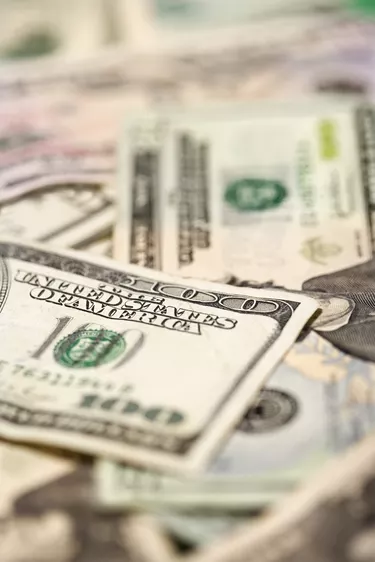
Value and worth are two oft-confused terms. While sometimes used interchangeably in conversation, the terms actually mean two different things. While using the wrong word in conversation can still get your point across, you'll want to be sure to use the correct word in any legal, corporate or business setting.
Worth
Video of the Day
Worth is a term used to denote how much something will cost or how much an item will sell for. For example, your house might be worth $100,000 on the real estate market, or your flat screen TV might sell for $500 at auction. The monetary value attached to any particular item is an item's worth.
Video of the Day
Value
Value is a broad term that encompasses emotion as well as cost. For example, while that old, chipped vase handed down to you by your aunt might only be worth $10, to you it might be invaluable and therefore has low worth but high value. Value can also be used to describe items that don't necessarily have a dollar value attached to them, like the value of your time.
Intrinsic Value
Some items may be practically worthless--in other words have no value--but have a high intrinsic value. Examples of items that have an intrinsic value but are actually worthless include a queen in a chess game, family or unconditional love and the value of a college education. Intrinsic value is a term often used in finance to describe the actual value of a stock based on future potential and not just the current market price or worth.
Interchangeable
Worth and value are sometimes used with the same meaning, especially in business. For example, the actual cash value of an insurance policy is how much the policy would be worth if it was cashed in. In real estate, the market value of a home is how much a buyer would be willing to pay for the house--in other words, how much they think the home is worth.